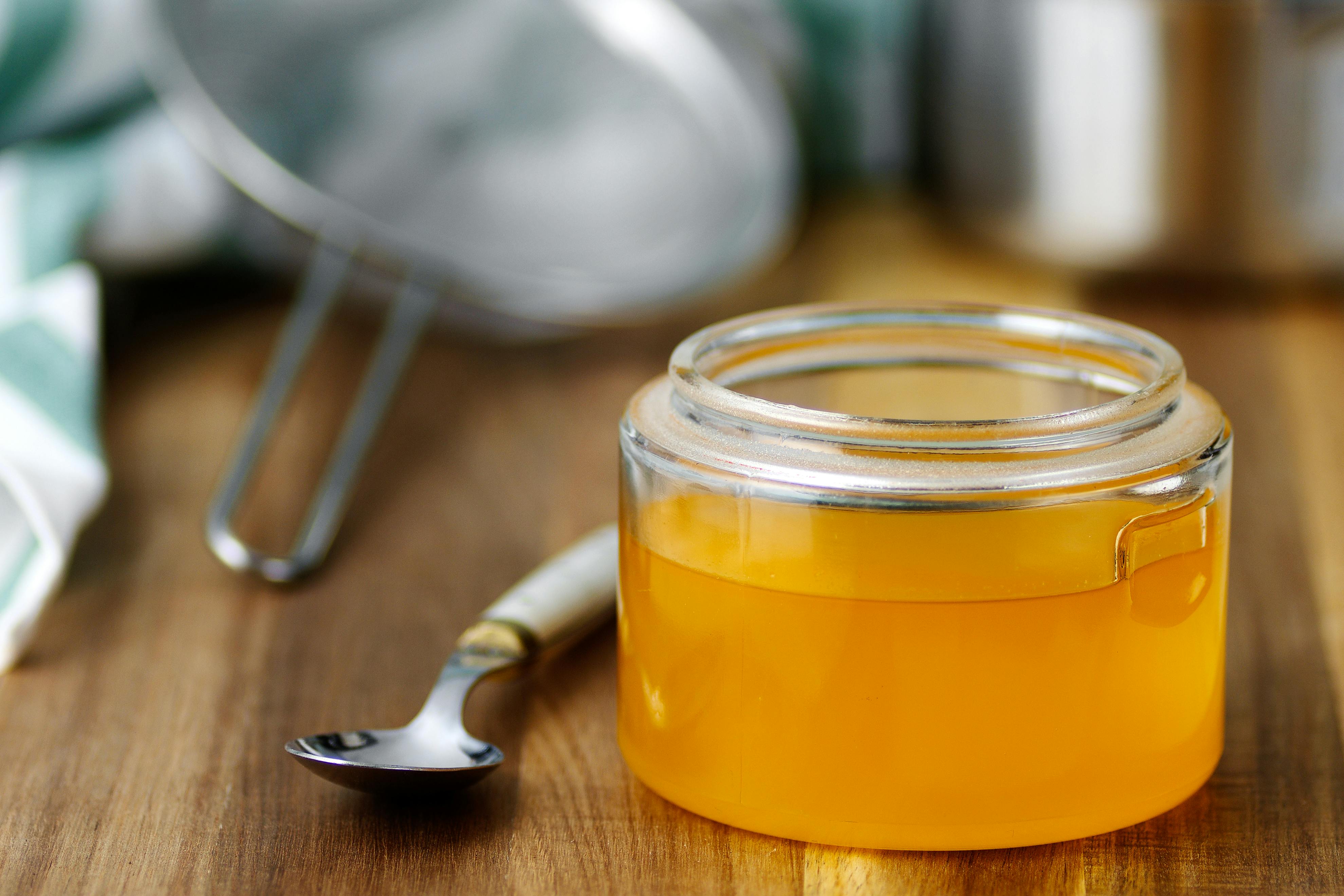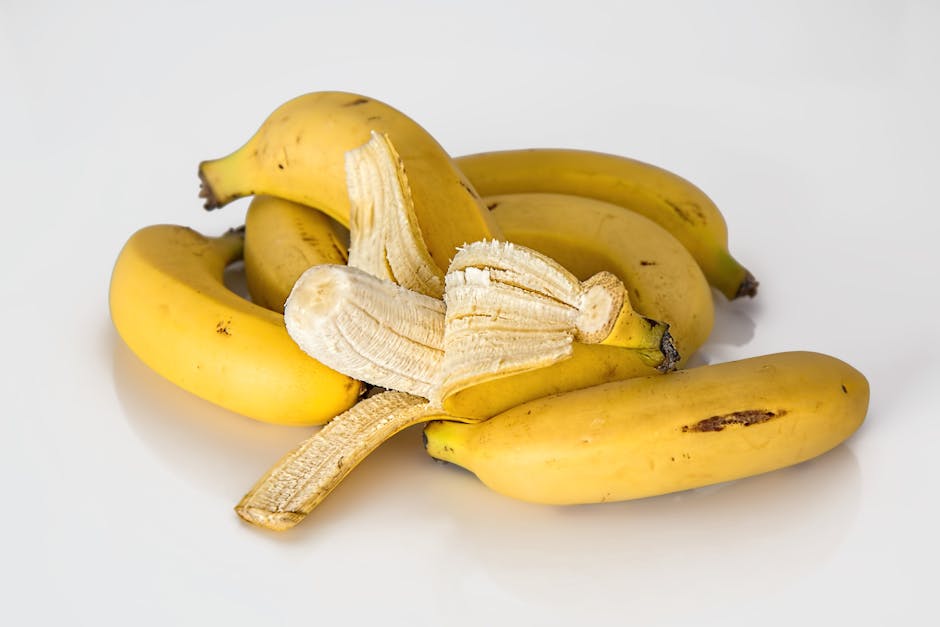You’ll be amazed to know that the tips you heard as kids from your grandparents are mostly health myths and have never been scientifically proven. Like, coffee leads to darker skin or eating bananas makes you fat. These are hilarious when you see them from a Doctor’s perspective and definitely not true.
Let’s take a look at some of the most common health myths we have heard while growing up in India. Over the generations, our food habits have been infused by the folklore and superstitions our ancestors told and passed on to us without any scientific proofs. Lets put a complete stop to all of them, once and for all!
The 10 Diet and Health Myths in India
Myth #10: Don’t Crack your Knuckle joints, it leads to arthritis.
Truth: This is completely wrong! Sure, cracking knuckles can annoy few people around you, but there is no scientific link between cracking knuckles and arthritis. The lubricating fluid between our knuckles, synovial fluid, gets pressure and the Nitrogen gas forms the bubble leading to a pop sound. Various researches from John Hopkins and Harvard medical have proven that it is not harmful and hence is a complete health myth.
Myth #9: Eating meat can lead to less concentration and focus on studies.
Truth: This is a very common health myth in Indian schools that, kids who eat meat tend to tend to perform poorly in studies. As a kid, I have faced this too, its brutal and totally false! It is true the other way around, fish and chicken meat contain ample amounts of Omega 3 Fatty acids in it, which helps in boosting concertation, helps in retaining memory and increases focus. Apart from this, it helps in building muscles and makes bones stronger.
Also Read: Yoga poses that can increase your focus and concentration
Myth #8: Ghee is harmful to the heart and health.
Truth: This has become a very common health myth over the recent years that ghee is bad for the heart and overall health, as it makes you fat. Ghee is, in fact, good for the heart as it contains Conjugated Linoleic Acid (CLA), which makes the heart efficient and also keeps artery plaque at bay. It is also very healthy for diabetics and brings down the risk of cancer. (Fun fact: Ghee is also known as clarified butter)
Myth #7: Avoid Milk when you have a fever
Truth: It is superstitious to think that drinking milk could be harmful when having a fever. It is an excellent source of Vitamins, nutrients and carbohydrates and definitely drinking a hot cup of it can make you feel better. People tend to lose appetite during fever, having milk during that time could be a great idea, rather than eating something heavy that could cause indigestion.
Myth #6: Coffee/Tea makes the skin complexion darker
Truth: This is the most ridiculous/hillarious health myth and does not have any scientific backing to it. Coffee does not affect the skin pigmentation in any way, though it dehydrates the skin and causes skin inflammation in some cases, that does not change the complexion in any way. Drinking enough water during the day after drinking coffee will make up to it and flush out those toxins.
Myth #5: Bananas make you fat
Truth: Bananas alone cannot make an individual fat. There are multiple other factors that can lead to obesity, such as unhealthy eating and lack of workout to name a few. Bananas contain dietary fiber which can make you feel full and restrict overeating. It also helps in better digestion of food and gets rid of harmful toxins from the body. Thus, the fact that bananas make you fat is a complete health myth and discard it as a bogus fact.
Myth #4: Spicy food is not good for the Heart health
Truth: This is a complete health myth that spicy food could be harmful to the heart. The opposite of it is true, as the spice increases the heart rate and burns down the excessive fat in the body. Also, it brings down the bad cholesterol in the body significantly and brings down the weight too. According to a report by Harvard Health, the life expectancy of people consuming spices rose by 14% than the people who did not and they were less susceptible to heart attacks.
Also Read: Tips for Healthy Indian Diet after Angioplasty
Myth #3: I am eating so many Carrots, I am going to have night vision someday!
Truth: If you think that the above health myth is true, I have some bad news for you. It is true that carrots can improve your eyesight, but not to that extent that it can make you can see in the dark. Unfortunately, we are not biologically equipped with Rhodopsin, a photopigment which is a key requirement for having night vision. A lot of animals have it, including your dogs and cats. Eating carrots are good, don’t stop eating them, they have Vitamin A that helps in keeping night blindness at bay.
Myth #2: Do not eat yogurt/curd at night
Truth: Yogurt or Curd is one of the healthiest food due to the fact that they are high on probiotics and healthy bacteria help in better digestion of food. So, it is just another health myth that got debunked. The bacteria help in digestion of food overnight and is a great remedy for constipation as well as hemorrhoids (piles).
Honorable mentions…
Before we go to the number one on this list here are few other health myths with no scientific backing.
- You get sick if you go out with wet hair: Totally untrue! It’s the virus that leads to a common cold and not the cold air.
- If a person is having a seizure, put a metal rod or spoon between the jaws: This is rather dangerous to the person undergoing seizure. Lay them down and roll them to the left till the seizure passes. Doing so avoids choking on the vomit or spit.
- Fruit juices are the best way to have fruit: This health myth is totally untrue, but its true the other way around. It is better to eat fruit in the raw form rather than juice as the dietary fiber is no longer in the same form and has high sugar content which later converts into fat in the body and raises insulin levels.
Myths #1: Do not Eat Fish and Milk together, it causes leprosy or skin patches!
Truth: Let the truth be known! This is a very common health myth across many cultures that, the combination of fish and milk is toxic and causes skin disorder, inflammation, leprosy and food poisoning. There is no scientific proof to it and has been debunked by researchers across the globe at Oxford, John Hopkins and even by multi-specialty research centers. There are many delicacies across the globe that make fish along with milk and haven’t had any issues over the generations due to this.
Hope these health myths clarify a lot of your personal concerns today, try to share and spread it to your friends and family so that they know about them too and make more people aware.




